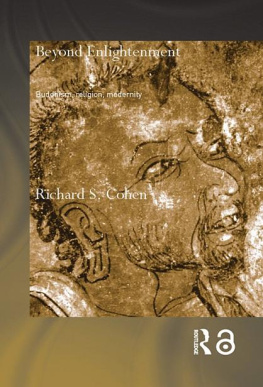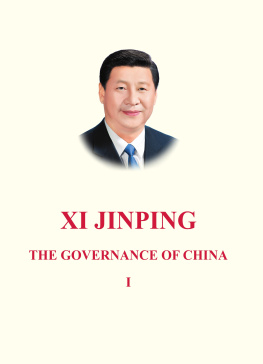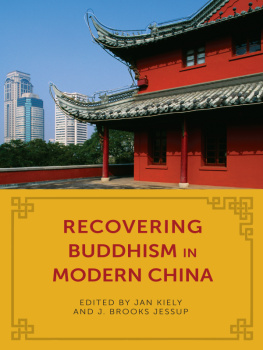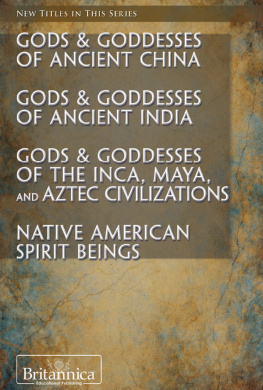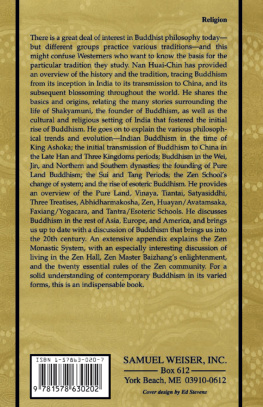Joseph Edkins - Chinese Buddhism
Here you can read online Joseph Edkins - Chinese Buddhism full text of the book (entire story) in english for free. Download pdf and epub, get meaning, cover and reviews about this ebook. year: 1893, publisher: Routledge, genre: Religion. Description of the work, (preface) as well as reviews are available. Best literature library LitArk.com created for fans of good reading and offers a wide selection of genres:
Romance novel
Science fiction
Adventure
Detective
Science
History
Home and family
Prose
Art
Politics
Computer
Non-fiction
Religion
Business
Children
Humor
Choose a favorite category and find really read worthwhile books. Enjoy immersion in the world of imagination, feel the emotions of the characters or learn something new for yourself, make an fascinating discovery.

- Book:Chinese Buddhism
- Author:
- Publisher:Routledge
- Genre:
- Year:1893
- Rating:4 / 5
- Favourites:Add to favourites
- Your mark:
- 80
- 1
- 2
- 3
- 4
- 5
Chinese Buddhism: summary, description and annotation
We offer to read an annotation, description, summary or preface (depends on what the author of the book "Chinese Buddhism" wrote himself). If you haven't found the necessary information about the book — write in the comments, we will try to find it.
Chinese Buddhism — read online for free the complete book (whole text) full work
Below is the text of the book, divided by pages. System saving the place of the last page read, allows you to conveniently read the book "Chinese Buddhism" online for free, without having to search again every time where you left off. Put a bookmark, and you can go to the page where you finished reading at any time.
Font size:
Interval:
Bookmark:

In 16 Volumes
| I | The Life of Hiuen-Tsiang Samuel Beal |
| II | Si-Yu-Ki: Buddhist Records of the Western World Vol I Samuel Beal |
| III | Si-Yu-Ki: Buddhist Records of the Western World Vol II Samuel Beal |
| IV | Texts from the Buddhist Canon Samuel Beal |
| V | The Life or Legend of Gaudama Vol I P Bigandet |
| VI | The Life or Legend of Gaudama Vol II P Bigandet |
| VII | The Life of Gotama the Buddha E H Brewster |
| VIII | The Milinda-Questions Mrs Rhys Davids |
| IX | Buddhist Birth Stories T W Rhys Davids |
| X | Life and Works of Alexander Csoma de Krs Theodore Duka |
| XI | Early Buddhist Monachism Sukumar Dutt |
| XII | Chinese Buddhism Joseph Edkins |
| XIII | A Manual of Buddhist Philosophy William Montgomery McGovern |
| XIV | Udnavarga W Woodville Rockhill |
| XV | The Life of the Buddha W Woodville Rockhill |
| XVI | Tibetan Tales F Anton von Schiefner |

Routledge, Trench, Trbner & Co Ltd
by Routledge
2 Park Square, Milton Park, Abingdon, Oxon, OX14 4RN
A CIP catalogue record for this book is available from the British Library
ISBN 0-415-24479-X
Buddhism: 16 Volumes
ISBN 0-415-24286-X
Trbners Oriental Series
ISBN 0-415-23188-4
ISBN 978-1-136-37888-1 (ePub)


Font size:
Interval:
Bookmark:
Similar books «Chinese Buddhism»
Look at similar books to Chinese Buddhism. We have selected literature similar in name and meaning in the hope of providing readers with more options to find new, interesting, not yet read works.
Discussion, reviews of the book Chinese Buddhism and just readers' own opinions. Leave your comments, write what you think about the work, its meaning or the main characters. Specify what exactly you liked and what you didn't like, and why you think so.

